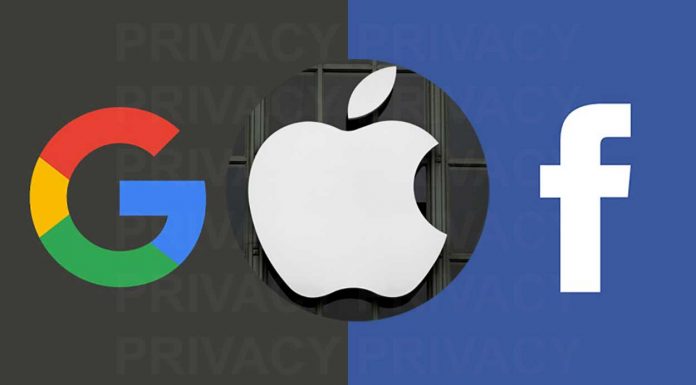The wait for the ‘big tech crackdown' in the EU is about to end. The EU lawmakers on Thursday announced to put the final touches on an unprecedented rulebook to curb the market dominance of US Big Tech giants such as Google, Meta, Amazon and Apple.
Earlier in a meeting in Brussels, negotiators from the EU member states and the European Parliament nailed down a final list of dos and don'ts that would single out some web giants as internet ‘gatekeepers' that are subject to special rules.
The ‘Digital Markets Act' (DMA) has sped through the bloc's legislative procedures and is designed to give rivals a better chance to survive against the world's powerful tech juggernauts.
“It's the final countdown for digital regulation,” EU commissioner Thierry Breton tweeted as lawmakers kicked off what they hoped would be a final round of negotiations in Brussels.
The main point of the law is to avert the years of procedures and court battles needed to punish Big Tech's monopolistic behaviour where cases can end with huge fines but little change in how the giants do business.
If passed, the new law will give Brussels unprecedented authority to keep an eye on the decisions by the giants, especially when they pull out the chequebook to buy up promising startups.
The law also contains about 20 rules that in many cases target practices by Big Tech that have gone against the bloc's rules on competition, but that Brussels has struggled to enforce.
These myriad obligations include forcing Apple to open up its app store to alternative payment systems, a practice that the iPhone maker has opposed fiercely, most notably in its feud with Epic games, the maker of Fortnite.
Google would be asked to clearly offer users of Android-run smartphones alternatives to its search engine, the Google Maps app or its Chrome browser.
Apple would also be forced to loosen its grip on the iPhone, with users allowed to uninstall its Safari web browser and other company-imposed apps that for now, users cannot delete.
The Big Tech companies have lobbied hard against the new rules and the firms have been defended in Washington, where it is alleged that the new law unfairly targets US companies. In the latest drafts of the law, non-US giants such as Booking.com or TikTok could also be roped in.
Once a deal is reached by negotiators, the DMA would face final votes in a full session of the European Parliament as well as by ministers from the EU's 27 member states. The rules could then come into place starting on January 1, 2023, though tech companies are asking for more time to implement the law.











